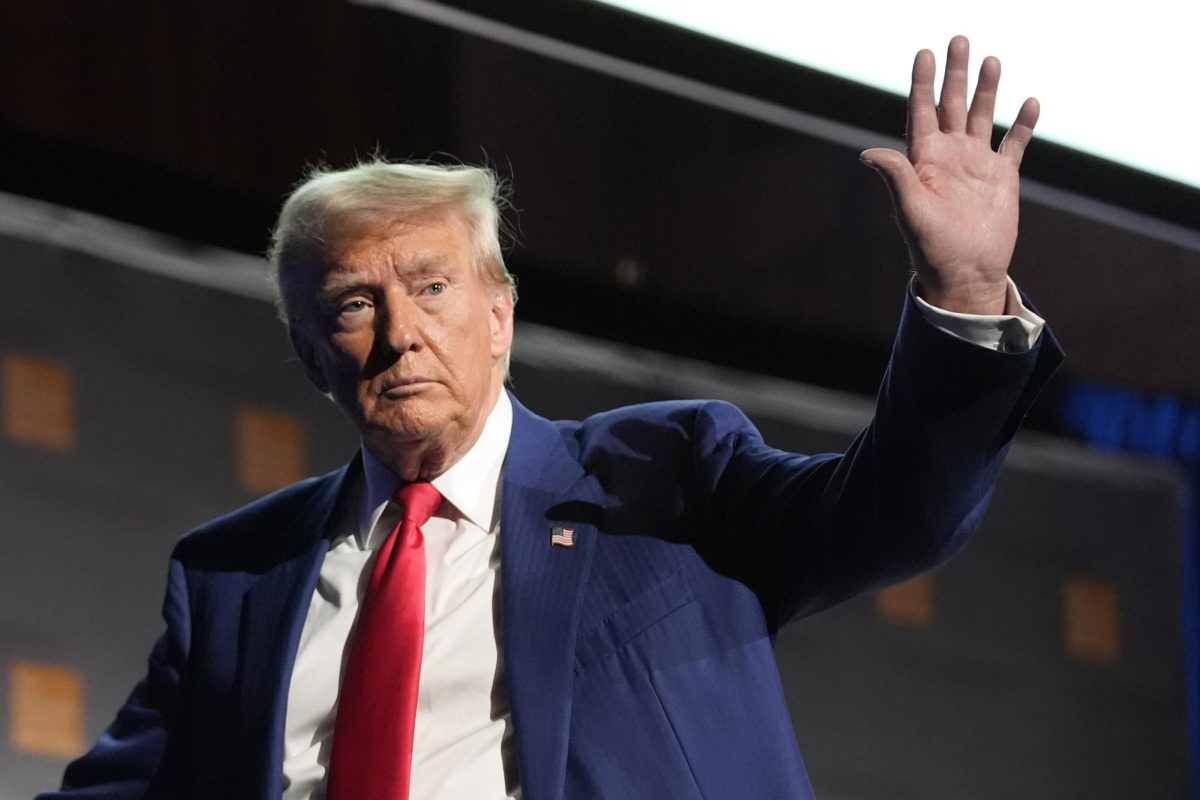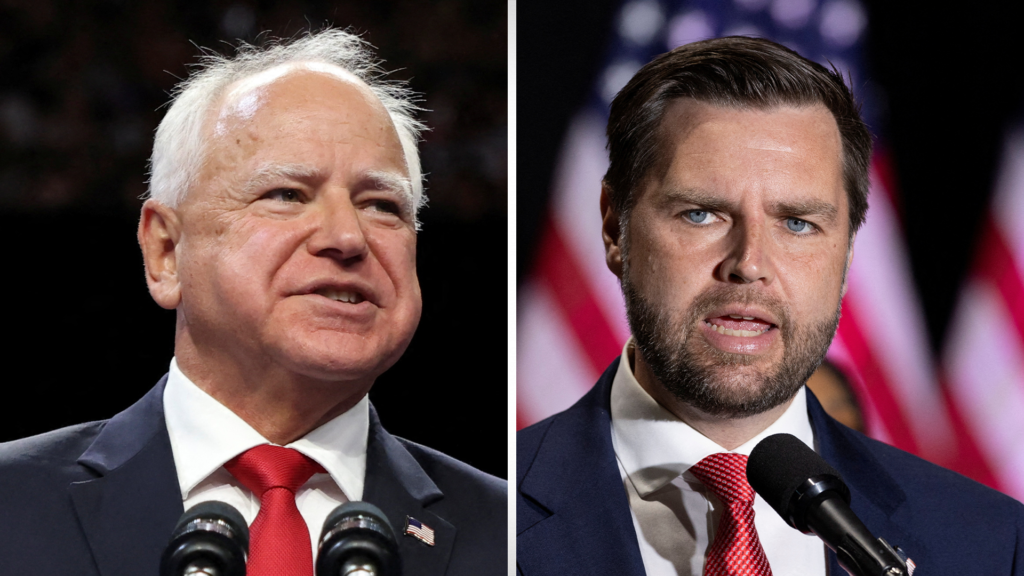In a close race, Donald Trump has been elected as the 47th president of the United States, winning 301 electoral votes and 50.7% of the popular vote, surpassing the 270 electoral votes needed to secure the win.
This win marks a historic return for the former president, being the second president to be re-elected to two non-consecutive terms, Grover Cleveland being the first. Trump’s win out passed Vice President Kamala
Harris, who received 226 electoral votes and 47.7% of the popular vote.
Although the final vote counts in Nevada are still pending, Trump’s lead appears to be overwhelming. This result is seen by his supporters as confirmation that he embodies a vision of America that emphasizes
economic expansion, fortified borders, and a strong position on international issues. However, his critics are concerned about the ramifications of his return, especially with regard to international alliances and democratic norms.
Trump’s victory has already elicited a range of responses from world leaders. In addition to offering his congratulations, South Korean President Yoon Suk Yeol talked about the possibility of improved ties between
the United States and South Korea, especially in the areas of security and economic cooperation.
Concerns about North Korea’s developing nuclear weapons and the increasing danger of intercontinental ballistic missiles aimed at the US mainland were discussed by the two leaders. In light of South Korea’s
proficiency in producing warships and other vessels, Trump and Yoon discussed the potential for strengthening collaboration in the shipbuilding sector, according to Kim Tae-hyo, Yoon’s deputy national security director.
According to reports, Trump emphasized his intention to increase American competitiveness in ship exports and indicated that more talks would be planned to further develop these objectives.
In addition, Canadian Prime Minister Justin Trudeau congratulated Trump over the phone, emphasizing the close ties between the US and Canada. A statement from Trudeau’s office claims that the two leaders talked about important issues like supply chains, trade, and North American security. While praising Trump’s win, Trudeau underlined the significance of continuing to work closely together on security and economic matters that are important to both countries.
But at home, the Democratic camp is in a depressing mood. While acknowledging the need to respect the election’s outcome, outgoing President Joe Biden expressed disappointment in his speech to the nation from the Rose Garden.
Biden tried to reassure Americans who were worried about the new government, despite his long standing criticism of Trump, whom he has frequently described as a threat to democracy. Recalling his father’s advice, he emphasized perseverance, saying, “Setbacks are unavoidable, but giving up is unforgivable.”
Biden’s message was unambiguous: democracy necessitates tenacity, even during trying times. His words demonstrated a dedication to solidarity and fortitude in the face of difficulty, letting his supporters know that the struggle for a more democratic and inclusive America is far from over.
After her concession, Democratic candidate for vice president Kamala Harris also gave a stirring speech. She said she was proud of the campaign’s efforts to bring Americans from all walks of life together and form
coalitions.
“We have made a conscious effort to foster community and unite people throughout the 107 days of this campaign,” Harris stated. “Now, I understand that people are experiencing a variety of emotions, but we have to accept the outcome of this election.” In addition to promising her team’s assistance during the transition, she reassured her supporters that she had discussed a peaceful handover of power with President-elect Trump.
The country is deeply divided, as evidenced by Trump’s victory. Particularly on the international scene, where they think he will project a strong American presence, his supporters think his return will reestablish a sense of national pride and strength.
His suggested policies promise to prioritize border security, economic growth, and a tough posture toward enemies like North Korea and China. Trump’s renewed emphasis on manufacturing and trade is consistent with his campaign pledges, suggesting that his administration will probably reexamine topics like supply chain resilience and trade imbalances.
Trump’s administration is confronted with urgent domestic challenges, such as healthcare reform, economic recovery, and ongoing social justice issues. He might try to build on the substantial tax reform and deregulation that characterized his first term.
Furthermore, the way his previous administration handled the COVID-19 pandemic and his resistance to climate regulations leave these persistent issues with an unclear future. In order to strengthen his support
among his core constituencies, observers anticipate that Trump will give priority to issues that appeal to his base, such as immigration, law enforcement, and Second Amendment rights. This could cause further division.
America finds itself at a turning point as Trump gets ready to return to the White House. The populist movement he started during his first term, which attracted both passionate support and harsh criticism, is being carried on with his return.
Many Americans are considering the ramifications of another Trump administration, including how it will affect democracy, polite conversation, and the future of the country.
The nation will watch the transition process play out over the next few months, putting American democracy to the test. The country is still divided but ready for change as both parties get ready for the difficulties that lie ahead.
For Trump’s followers, this win marks a new era of opportunity and a chance to firmly establish his vision of a powerful America. For his detractors, it serves as a wake-up call, a reminder of the work they feel is still needed to create a future based on justice and equality.
The effects of this historic presidency on the nation will only become clear with time, but as Trump returns to office, Americans prepare for a time of profound introspection and profound transformation.









